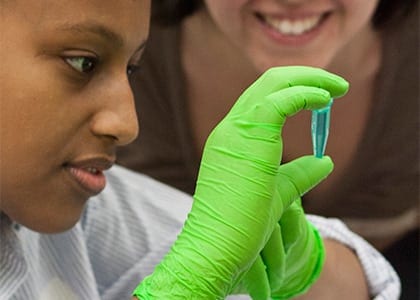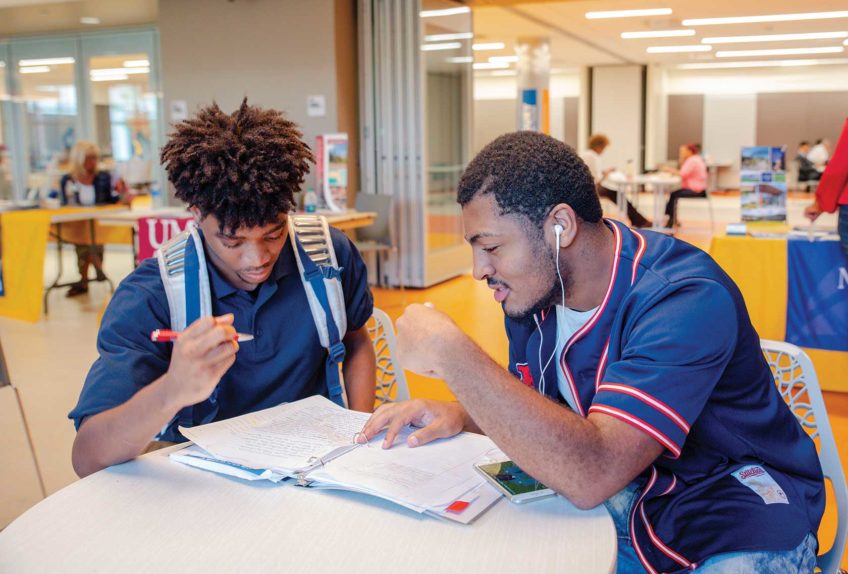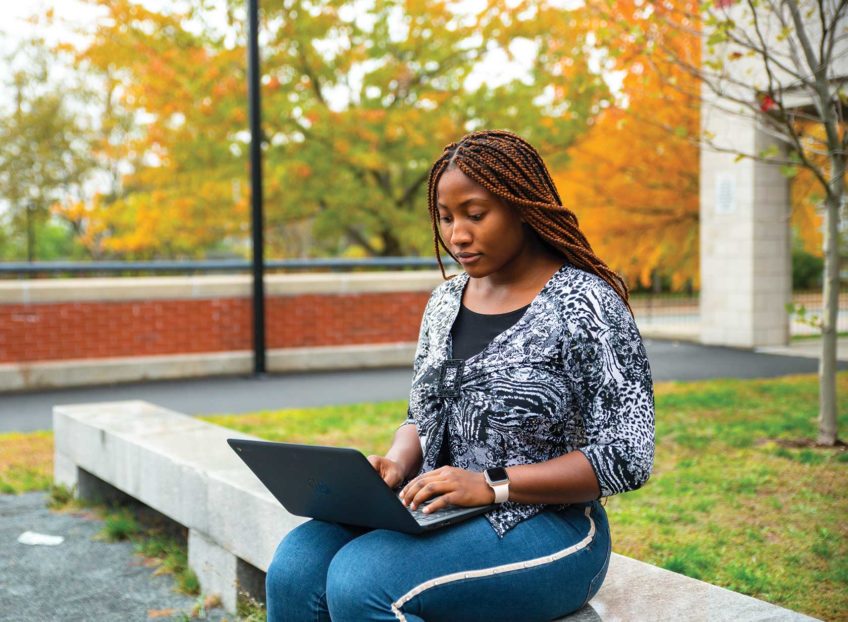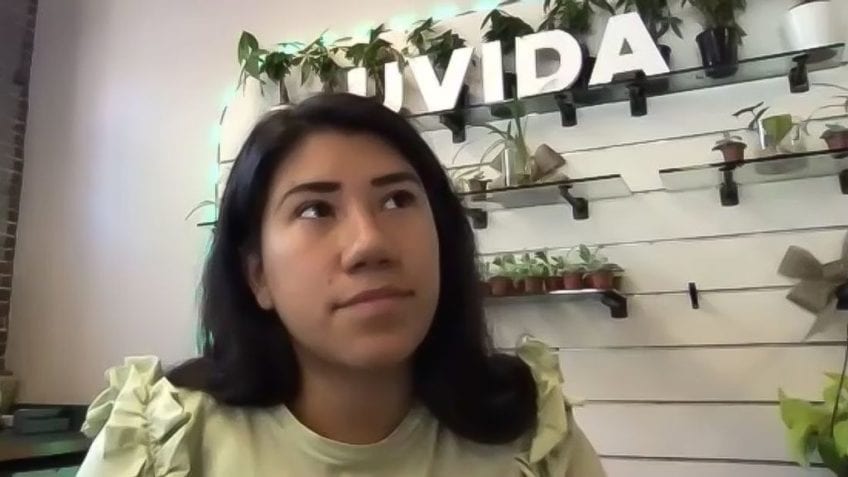Science Club for Girls – Celebrating its 20th Anniversary this fall
Science Club for Girls opens doors to STEM education

Global warming. Energy and finite natural resources. Infectious diseases. What do these complex international topics have to do with girls and science in Massachusetts?
“Everything,” according to Science Club for Girls Executive Director Connie Chow, “because almost every critical problem affecting our future on this planet will need to be solved using science and technology. And we need as many new and different ideas as we can get.”
As SCFG prepares to celebrate its 20th anniversary this fall, Chow is determined to expand its reach even further, encouraging young women and minorities to pursue educations that will prepare them to participate in the STEM (science, technology, engineering and math) economy.
With 80 percent of the fastest growing jobs in the next decade requiring STEM capabilities, SCFG’s efforts to increase interest and promote career awareness in these fields is essential to ensure economic security for underrepresented groups and their communities. And, with an increasing number of “boomer scientists” retiring each year, the STEM economy can’t afford to overlook attracting and training women and minorities to enter its ranks.

Author: Dana QuigleyConnie Chow with Cathy Wissink (Microsoft NERD) at the Science Club for Girls 2013 Catalyst Award Celebration. (Photo: Dana Quigley)
In her eight years at the helm of the Cambridge-based nonprofit, Chow has seen the program’s impact as the perfect convergence of women’s and social justice issues.
“Ultimately, SCFG is here to create culturally-literate scientists and science-literate citizens by offering girls interesting and engaging programs where they feel like they belong and can be part of the STEM enterprise,” she says. “We’ve been ahead of the curve on the issue of promoting women and minority participation in STEM careers. And now I’m happy to see other, newer organizations enter the playing field, and to see more corporations who are leading philanthropic initiatives and encouraging their employees to volunteer in our programs.”
SCFG’s K-12 science and engineering programs connect girls with volunteer mentor-scientists in a fun, nurturing, interactive environment. More than 1,000 girls participate annually in a variety of free programs offered in five Massachusetts cities (Cambridge, Lawrence, Boston, Newton and Fitchburg) and in Pokuase, Ghana.
Chow has plans to increase SCFG’s partnerships with area college students as mentor-scientists, and to grow the opportunities that SCFG teens have to pursue school-year and summer internships like those recently offered by Boston University, Harvard University, Boston Children’s Hospital, Simmons College, and Bocoup (an Open Web development company).
“I’m excited that the STEM business community has been so supportive, and we are increasingly seeing the financial services sector step up as they realize their need to attract women and minorities to math-based careers,” adds Chow.
But what Chow remains proudest of is that SCFG’s mission is centered on developing the “whole girl.”
“We have one to two hours a week to change a girl’s mind and affect her future,” says Chow. “We take girls wherever they are — super interested in math or science or just exploring — and we put them where they can interact with real scientists in hands-on activities with their peers. This is how they gain the courage and confidence they need to overcome obstacles and to believe that they can succeed in a STEM career, or in whatever they choose to do.”
In the past 10 years, Chow estimates that about 55 percent of SCFG high school graduates have chosen STEM college majors. To learn more about SCFG and its 20th anniversary celebration plans visit scienceclubforgirls.org.






